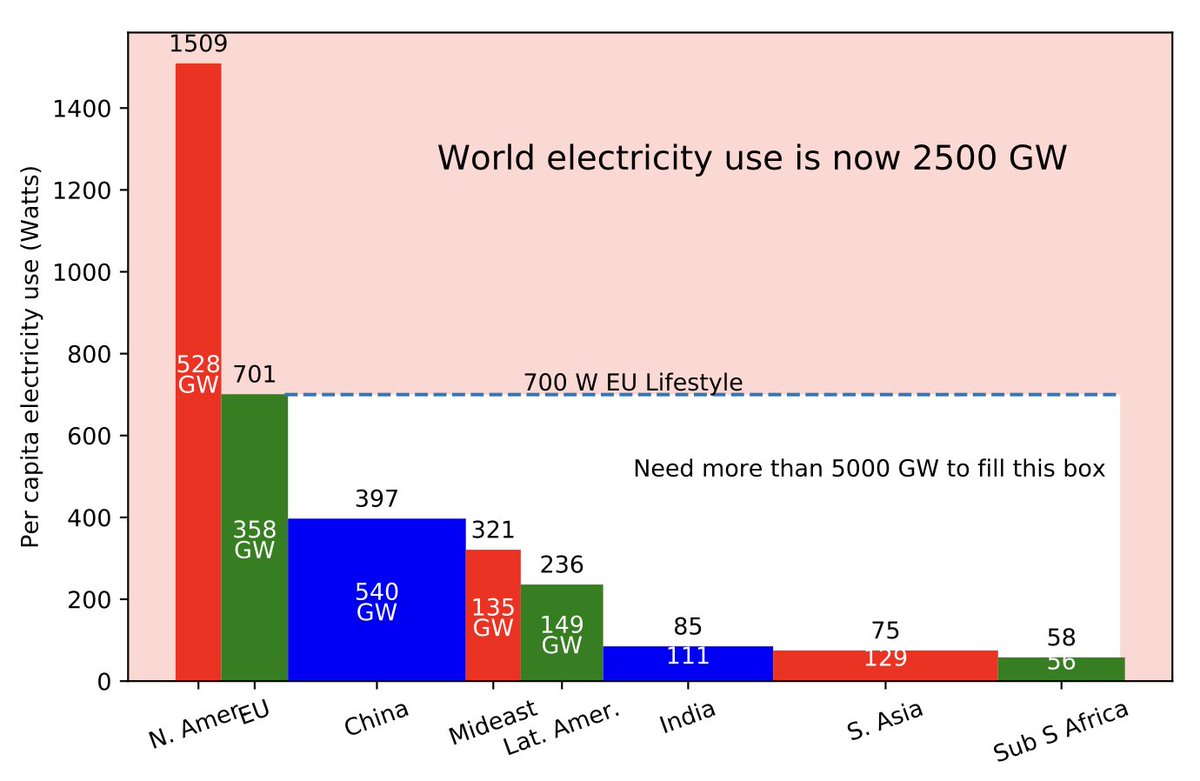
“Patents are not the problem. All of the vaccine manufacturers are trying to increase supply as quickly as possible. Billions of doses are being produced–more than ever before in the history of the world. Licenses are widely available.…
marginalrevolution.com/marginalrevolu…
marginalrevolution.com/marginalrevolu…
“There are no mRNA factories idling on the sidelines. … Why do you think China hasn’t yet produced an mRNA vaccine? Hint: it isn’t fear about violating IP.”
marginalrevolution.com/marginalrevolu…
marginalrevolution.com/marginalrevolu…
“The US trade representative’s announcement is virtue signaling to the anti-market left and will do little to nothing to increase supply.”
marginalrevolution.com/marginalrevolu…
marginalrevolution.com/marginalrevolu…
“You may have gathered that I am angry. I am indeed angry that the people in power think they can solve real problems on the cheap and at someone else’s expense. … I am also angry that they are sending the wrong message about business, profits and capitalism.”
“Let me end on positive note. Like the Apollo program and Dunkirk, the creation of the mRNA vaccines by Pfizer and Moderna should be lauded with Nobel prizes and major movies.…”
marginalrevolution.com/marginalrevolu…
marginalrevolution.com/marginalrevolu…
“The creation of the mRNA vaccines was a triumph of science, logistics, and management and it was done at a speed that I had thought possible only for past generations.
“I am grateful that greatness is still within our civilization’s grasp.”
@ATabarrok
marginalrevolution.com/marginalrevolu…
“I am grateful that greatness is still within our civilization’s grasp.”
@ATabarrok
marginalrevolution.com/marginalrevolu…
• • •
Missing some Tweet in this thread? You can try to
force a refresh







